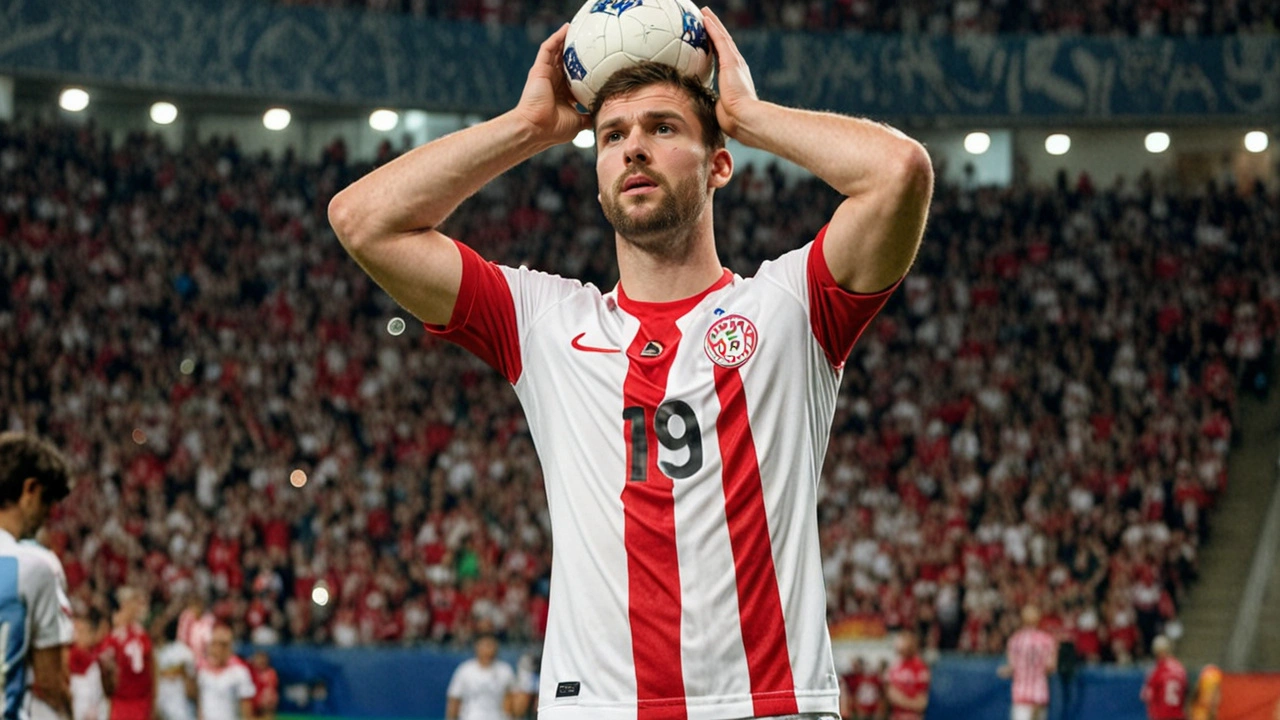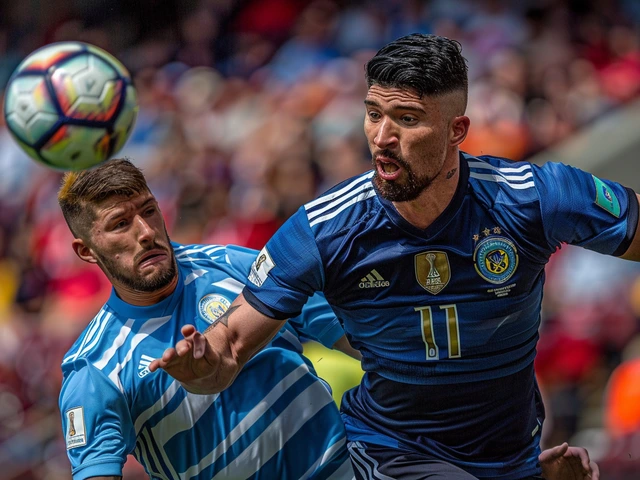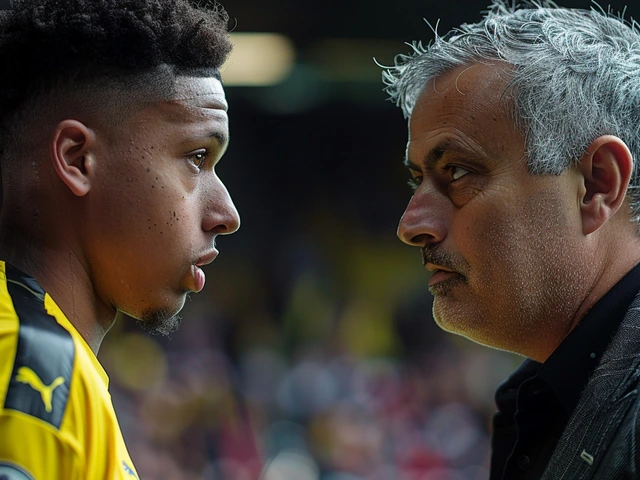Third Place Match: What It Means and Why It Matters
Ever wonder why some tournaments still play a game to decide who finishes third? It might seem like an after‑thought, but the third place match actually has a purpose. It gives teams a final chance to earn a medal, a prize, or even a better ranking for next season.
In most big events – from the World Cup to regional cups – the two losers of the semifinals meet one more time. The winner walks away with a bronze medal, a trophy, and sometimes a cash bonus. The loser gets a respectable finish and can brag about beating other contenders.
Why Teams Take It Seriously
Players know a lot is on the line. A bronze medal can add weight to a player's resume and influence future contracts. Coaches can use the match to test younger talent in a pressure situation. Fans also love a final showdown; they’ve already travelled, bought tickets, and want a proper ending to the weekend.
Take a cup semifinal where a lower‑division side shocks a top‑flight team. Even if they lose the next game, a win in the third place match can be a huge morale boost. It also helps national associations earn more points in world rankings, which matters for future draws.
The Fan Experience
For supporters, the third place match is a chance to see their heroes one more time. It often feels more relaxed than the final, so you might get an entertaining, open‑play game. The atmosphere can be festive, especially when local fans travel back home with a medal.
When you plan to watch a tournament, check the schedule for the bronze match. You’ll get an extra dose of drama without the highest pressure of a final, and you’ll understand why teams fight hard for that spot.
In short, the third place match isn’t just a filler – it’s a meaningful part of a competition. It rewards effort, offers a final test for squads, and gives fans one more story to remember. So next time you see a “Third Place” sign, know there’s more at stake than a simple consolation game.




